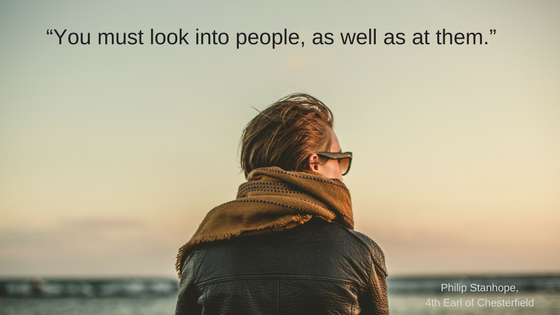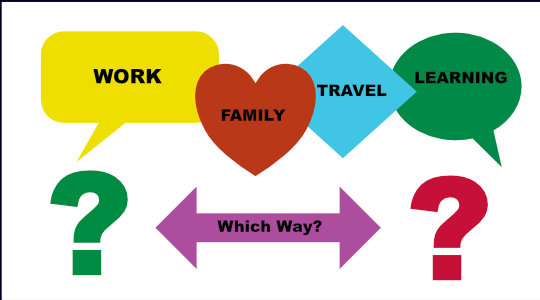“A great way to understand yourself is to seriously reflect on everything you find irritating in others.”
—Kevin Kelly, founding executive editor of Wired magazine
The other day I found myself in a foul mood. Everyone and everything seemed to get on my nerves. My meditation session felt pointless, my daily walk was interrupted by neighbors wanting to chat and all I could sense was judgmental thinking and feelings of irritation.
Thankfully, I was stopped by a very cute dog named Keenan who was, fortunately, placed in my path to turn things around. His joyful enthusiasm and playful nature had me look within to see the bummer of a person I was putting out into the world.
EXERCISE:
How are the irritating aspects of others trying to tell you something about yourself? With this thinking in mind, how can you be a puppy of a person and make everyone’s day a bit brighter?








